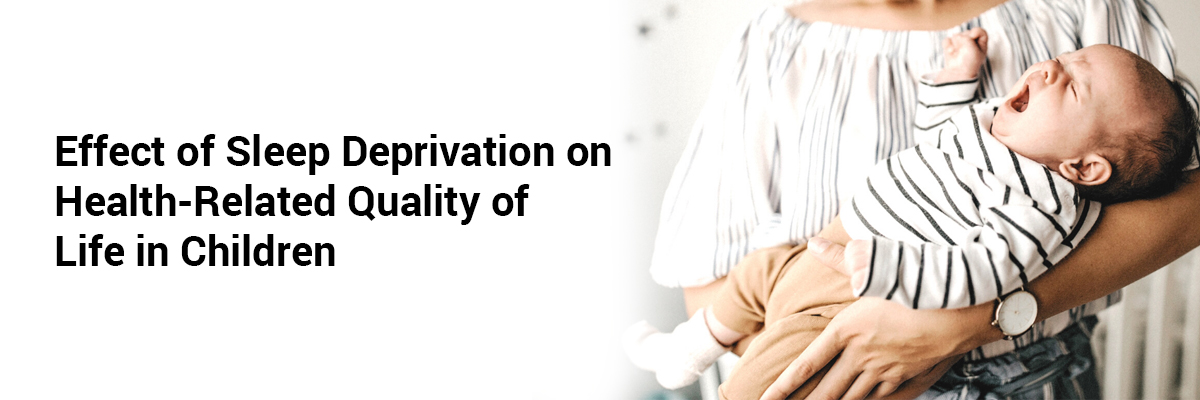
 IJCP Editorial Team
IJCP Editorial Team
Effect of Sleep Deprivation on Health-Related Quality of Life in Children
Does sleep deprivation affect the health-related quality of life (HRQoL) of healthy children? To address this question, researchers from the University of Otago (New Zealand) and Cincinnati Children’s Hospital Medical Center (USA) conducted a secondary analysis of the Daily Rest, Eating, and Activity Monitoring (DREAM) trial.
The study included 100 healthy children aged 8–12 years (mean age, 10.3 years) in New Zealand, all of whom typically slept 8–11 hours per night as reported by parents/guardians. In a randomized crossover design, children followed two interventions:
- Sleep restriction: bedtime delayed by 1 hour for one week.
- Sleep extension: bedtime advanced by 1 hour for one week.
Wake times were kept constant across both conditions, separated by a 1-week washout.
Assessments:
- Sleep duration: 7-night actigraphy.
- Sleep quality: PROMIS 8-item Pediatric Sleep Disturbance and Sleep-Related Impairment scales.
- HRQoL: 27-item KIDSCREEN questionnaire.
Key Findings:
- During sleep restriction, children went to bed 64 minutes later and woke 18 minutes later, resulting in 39 minutes less total sleep per night compared with sleep extension.
- Despite fewer nighttime disturbances reported, greater daytime impairment was observed during sleep restriction.
- Children reported a significant decline in physical well-being and overall HRQoL scores, along with reduced ability to cope at school.
- These changes occurred after just one week of modest sleep deprivation.
Conclusion: Even a small reduction in nightly sleep (≈40 minutes) can substantially impair HRQoL in children, adversely affecting physical well-being, school functioning, and daily coping. These findings highlight the critical importance of adequate, good-quality sleep for children’s overall health and development.
Reference
1. Taylor RW, et al. Effect of sleep changes on health-related quality of life in healthy children: a secondary analysis of the DREAM Crossover Trial. JAMA Netw Open. 2023;6(3):e233005. doi:10.1001/jamanetworkopen.2023.3005

IJCP Editorial Team
Comprising seasoned professionals and experts from the medical field, the IJCP editorial team is dedicated to delivering timely and accurate content and thriving to provide attention-grabbing information for the readers. What sets them apart are their diverse expertise, spanning academia, research, and clinical practice, and their dedication to upholding the highest standards of quality and integrity. With a wealth of experience and a commitment to excellence, the IJCP editorial team strives to provide valuable perspectives, the latest trends, and in-depth analyses across various medical domains, all in a way that keeps you interested and engaged.




















Please login to comment on this article